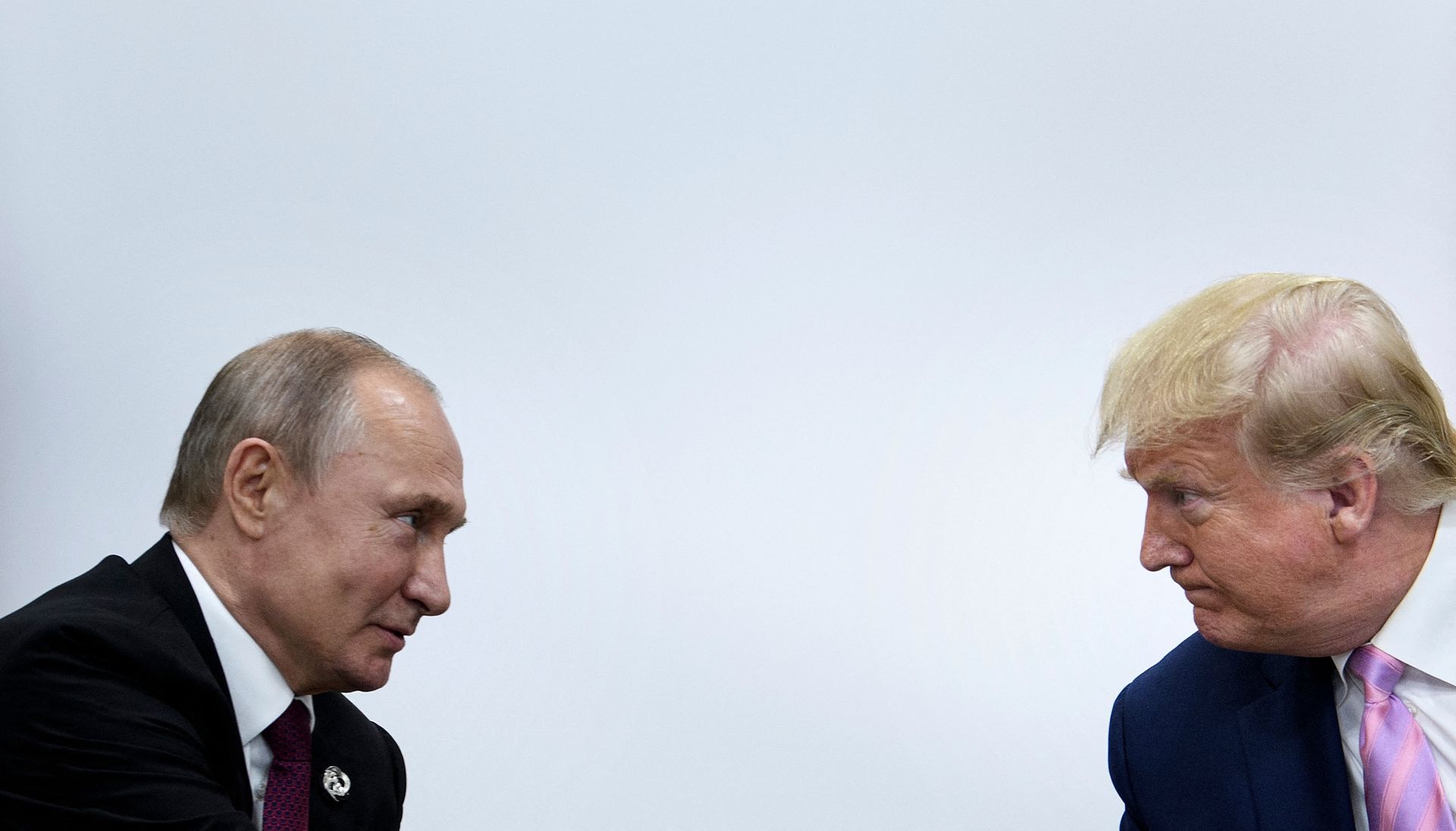Orban refuses joint EU statement backing Ukraine ahead of Trump-Putin meeting

Editor's note: The article was updated with Hungarian Prime Minister Viktor Orban's comments.
Hungarian Prime Minister Viktor Orban declined to sign the EU's joint statement in support of Ukraine issued on Aug. 12, just days ahead of the planned meeting between U.S. President Donald Trump and Russian President Vladimir Putin in Alaska.
In the joint statement issued after emergency talks on Aug. 11, EU leaders emphasized that "international borders must not be changed by force" and "the path to peace in Ukraine cannot be decided without Ukraine."
Orban, commenting on social media, said he refused to sign the statement because it allegedly sought "to set conditions for a meeting to which leaders of the EU were not invited."
"The only sensible action for EU leaders is to initiate an EU-Russia summit, based on the example of the U.S.-Russia meeting," Orban said on X.
The news comes after Trump revealed that he had consulted with Orban ahead of his meeting with Putin on Aug. 15, describing the Hungarian leader as a "very smart man."
During the talks with the U.S. president, Orban reportedly expressed doubt that Ukraine could defeat Russia, describing Russia as a "strong country" that "wins through war."
Just four days ahead of the historic summit between President Trump and President Putin, the European Council sought to issue a statement in the name of all EU heads of state and government.
— Orbán Viktor (@PM_ViktorOrban) August 12, 2025
Before the liberal-mainstream chorus begins its newest rendition of their favourite…
In its statement, the EU expressed support for Trump's efforts to end Russia's war against Ukraine and achieve a just and lasting peace, but stressed that "meaningful negotiations" could only begin with a ceasefire or a significant reduction in hostilities.
Twenty-six EU member states that signed the joint statement also signaled their readiness to provide additional security guarantees for Ukraine.
"The European Union underlines the inherent right of Ukraine to choose its own destiny and will continue supporting Ukraine on its path towards EU membership," the statement read.
This is not the first time Orban has refused to endorse joint EU statements supporting Ukraine. He has previously blocked sanctions against Russia, delayed military aid to Ukraine, and opposed Ukraine's bid for EU membership.
Orban has also maintained ties with Russian President Vladimir Putin and has repeatedly echoed Kremlin narratives on the war.











